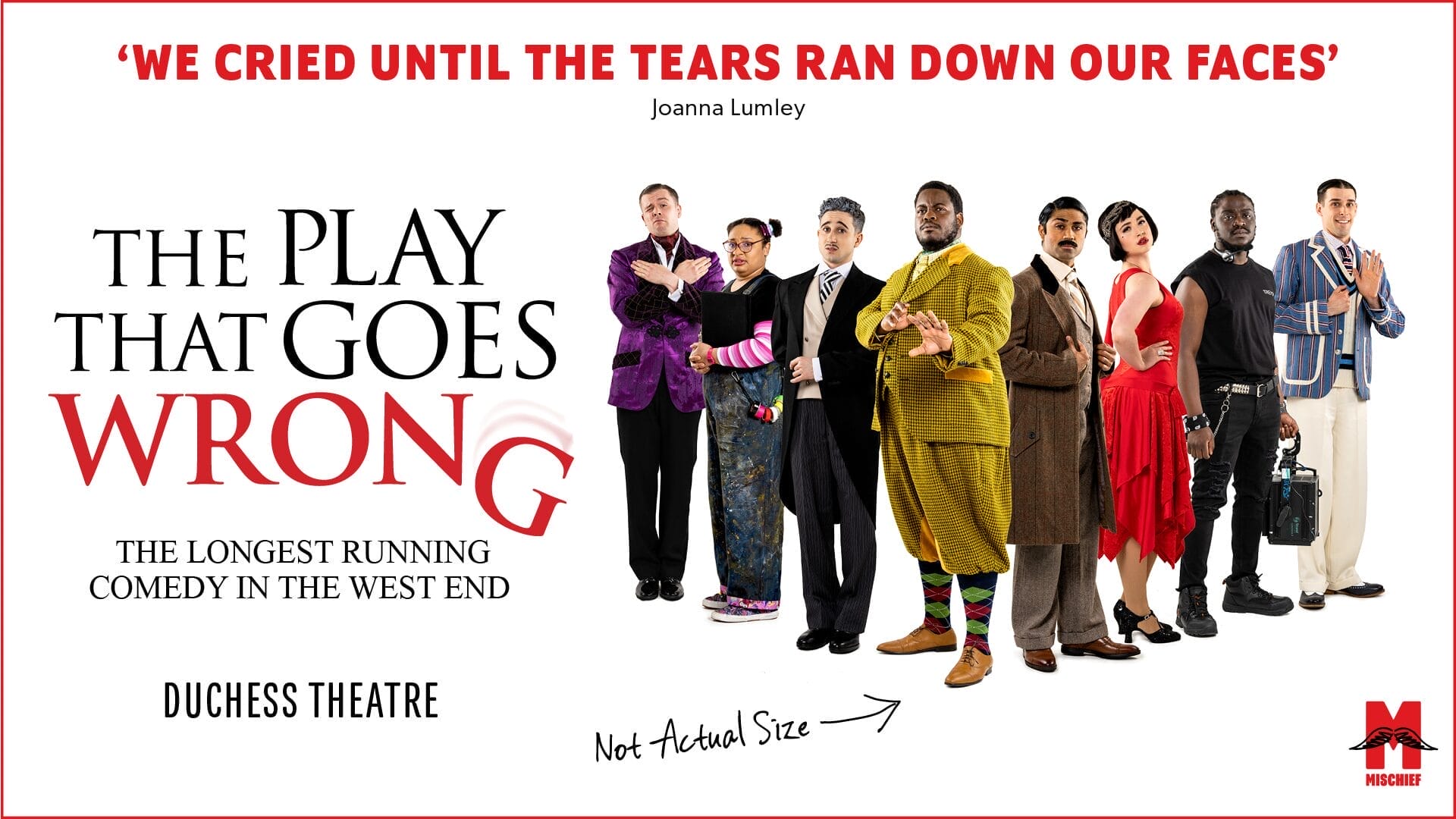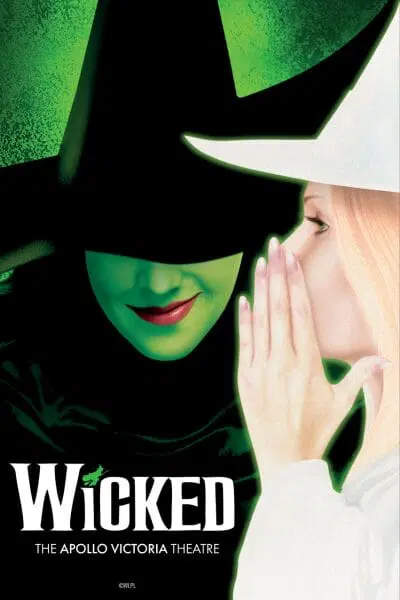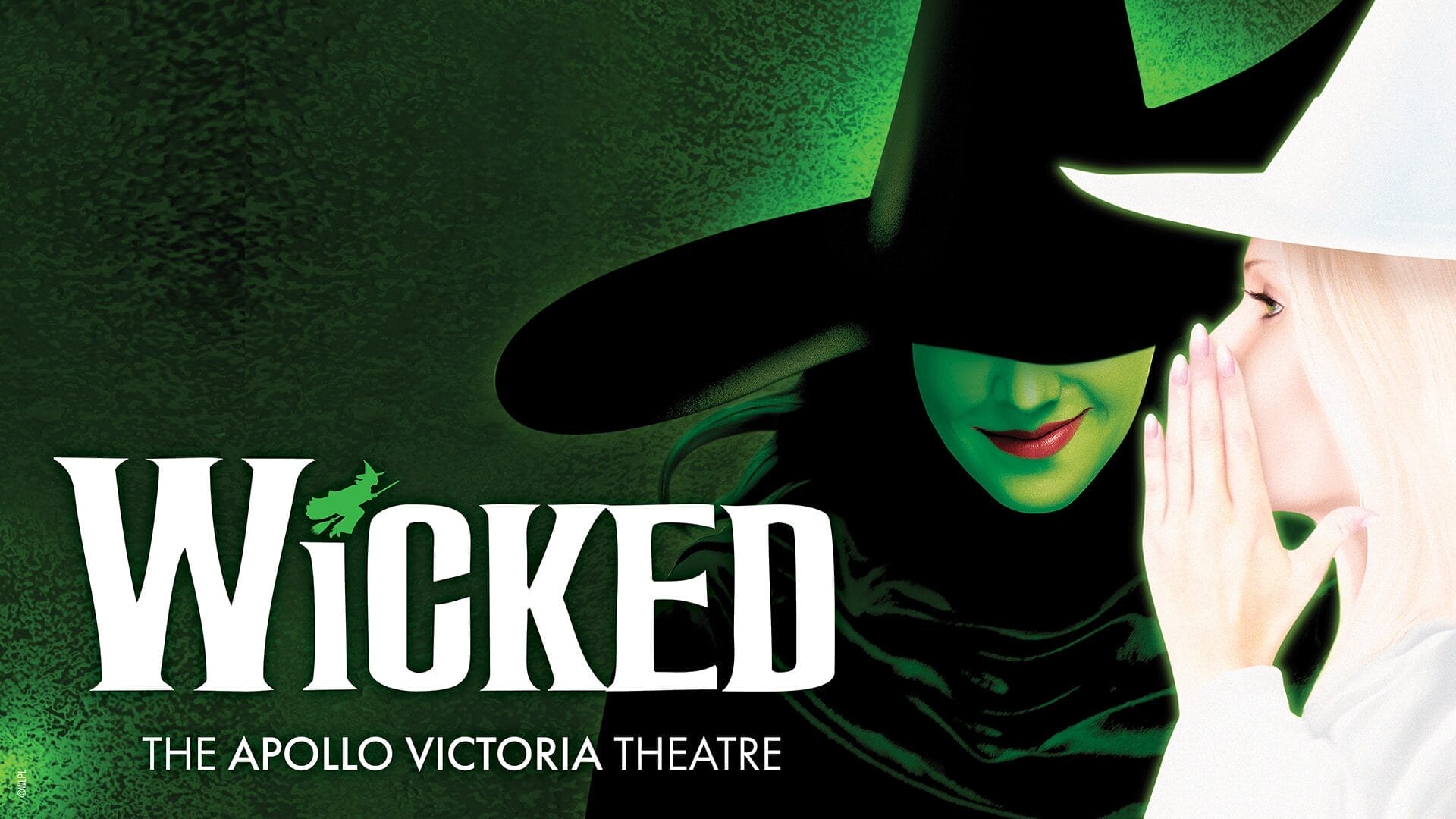[fusion_builder_container hundred_percent=”yes” overflow=”visible”][fusion_builder_row][fusion_builder_column type=”1_1″ layout=”1_1″ background_position=”left top” background_color=”” border_size=”” border_color=”” border_style=”solid” spacing=”yes” background_image=”” background_repeat=”no-repeat” padding_top=”” padding_right=”” padding_bottom=”” padding_left=”” margin_top=”0px” margin_bottom=”0px” class=”” id=”” animation_type=”” animation_speed=”0.3″ animation_direction=”left” hide_on_mobile=”no” center_content=”no” min_height=”none” last=”no” hover_type=”none” link=”” border_position=”all”][fusion_separator style_type=”none” hide_on_mobile=”small-visibility,medium-visibility,large-visibility” class=”” id=”” sep_color=”” top_margin=”10px” bottom_margin=”10px” border_size=”” icon=”” icon_circle=”” icon_circle_color=”” width=”” alignment=”center” /][fusion_text]
Written by Tim Cowbury (Made in China) and directed by Mark Maughan, The Claim explores one of the most pressingly global issues facing society today: migration and the prejudice that surrounds it. Accompanied by wraparound activities designed with organisations like UNESCO, The Claim is the only contemporary work to both satirise and humanise everyone around the Home Office interview table.
We spoke to Tim Cowbury to find out more.
Your play The Claim is coming to Shoreditch Town Hall in January as part of a tour, what can you tell us about it?
The Claim is a play about the ways we fail to see and hear people who come to the UK in dire need. On the one hand it’s an absurd comedy about cultural and verbal misunderstandings, full of word-play and whipcrack-fast dialogue that pokes fun at conflicted British identities and values. But on the other it’s an intense, troubling and (I hope) moving tragedy, about what it’s like to be a refugee on the receiving end of this conflicted Britishness.
The title is my (somewhat unsubtle!) homage to Kafka’s The Trial – the experience of those who find themselves claiming asylum here was described to me as the living embodiment of that novel. Like The Trial, our play is story of a man (Serge) caught in an infuriatingly absurd bureaucratic trap. Initially, the trap that Serge is in seems simply and innocuously to be that of an awkward guest: told that he’s welcome, whilst simultaneously being made to feel the opposite. I think we’ve all been that guest at some point – round, say, at someone’s house and getting the slow but persistent sense that your host is too ‘polite’ to tell you that now isn’t really a good time! But of course, Serge is not ultimately a houseguest. He’s a refugee, seeking asylum. As the play progresses it becomes more painfully rooted in that bleak reality, even as the comic absurdity of the system blocking him and his hosts misunderstanding him continues to spiral. Serge is basically in a catch 22 from hell: expected to tell his difficult story in order to save his life, and denied a chance to tell it in the same breath. It would be funny if it weren’t true.
What inspired you to write it?
I’ve always been interested in how language and power intersect, and the ways that where you’re from can impact on how you think, feel and see people from elsewhere. Way back in 2014, Mark Maughan (director of The Claim) asked me if I was interested in making a piece about migration. Around the same time, I was at a conference in France watching someone speak through an interpreter. They were just pitching a creative idea, and the idea must have sucked a bit because my brain did some serious wandering! I tuned out from the words and was struck by the interesting texture and dramatic potential of simultaneous translation: the immediacy, the pressure to be accurate, the scope for it to go wrong – and the equal measures of comedy and tragedy that might be wrought from that.
Soon after, I spoke to a friend who works with refugees, who emphasised the centrality of interpreting to the absurdity of miscommunication that can occur in the UK asylum interviews. The more I heard about these – all refugees go through a shorter one (screening interview) followed eventually by a longer one (substantive interview) – the more I felt it was the only thing to write about.
You’ve spent two years researching The Claim, tell us about that process?
The main thing is that it really became much more than a research process – many of the people we met (including dozens of refugees) became part of the project and continue to be involved now. There are all kinds of ongoing activities – workshops, legal surgeries, an installation featuring the brilliant Write To Life group and more – happening everywhere the production goes.
Initially we just knew we had to find out as much as possible about an experience we could hardly begin to imagine going through and a complex bureaucratic system that’s cloaked in relative secrecy. People we met through excellent organisations like Detention Action, Right to Remain, Refugee Council, GRAMnet, Counterpoints Arts and Freedom From Torture were incredibly generous in sharing eloquent, thoughtful, emotional viewpoints on the asylum decision system. We met hundreds of people and a number of them came into the rehearsal room during various workshop periods the play went through.
The involvement of refugees in workshopping the play meant we could do more than just test the truthfulness (or otherwise!) of what I was depicting in my writing – though that was crucial. It also meant we could begin to address the fundamental disconnects explored in the play: between places, experiences and people. Mark and I were aware that as white British men we were the last people on earth who should speak on behalf of refugees. That’s why for me it’s very much a play about the UK, our prejudices and voices, as well as a play about those who seek refuge here. But whilst it would be completely wrong to speak on behalf of refugees, it felt imperative to speak with them – and have the process and the play speak with them – in a sensitive, ongoing and meaningful way.
Were you surprised by what you found out in the research?
We knew we were researching something deeply problematic. Call us biased, but a starting position of ‘maybe this system is problematic but maybe it’s totally fine’ would have felt disingenuous – akin to beginning a play about climate change with the viewpoint that it’s 50/50 whether climate change is man-made or not. But even with an idea of what to expect, the depths of incompetent officialdom, injustice and inhumanity we came across – including from the Home Office point of view – were still surprising. I guess no amount of second-hand information can prepare you for sitting in a room with people who have lived/are still living a nightmare, and hearing all about that.
We made sure never to ask refugees about why they came here or what they were trying to escape from – trying to avoid as much as possible replicating the nightmare the Home Office had put (and in many cases was still putting) them through. We let the people we spoke to guide the conversations. And we were at various points overwhelmed, infuriated, heartbroken and guilty by association as we sat there and listened to people tell us about their dehumanising, spirit-crushing experiences here in our country.
One of the bleakest and more surprising experiences was at the Hatton Cross Immigration Tribunal Courts, where we witnessed two men being Skyped in from nearby Detention Centres to hearings that would determine whether their indefinite incarceration (for the crime of being here) should be ended or not. The men, already weeks and months into their confinement, sat silently in cells, watching on a screen as British people of different ethnicities debated, sometimes with shocking coldness, the value of their lives. It was hard to know where to begin to speak about ‘research’ like that – which is partly why it’s been a long process turning it into a finished play.
How have the cast responded to the subject?
Really you’d have to ask them! Partly because I think their feelings on the subject are complex, and just as I can’t speak on behalf of people we’ve met and involved through the process. What I do know is that while the cast all grew up in the UK, they weren’t all born here and so it may have been a more intense interaction with the subject for them than it was for us, and I’m grateful to them in many different ways. They’ve been brilliant in taking on board all the information and complexity buried in the text, and navigating through that to be hilarious and moving performers in a play that deliberately engages with unsettling meeting points of forms, moods, ideas, experiences and identities.
Have any of the audience reactions so far, surprised you?
We’ve only done two shows to date so we’re still finding out what kind of reactions we get from audiences. It’s been interesting to see people physically and verbally displaying their empathy and incredulity towards Serge’s misrepresentation at the hands of his British ‘hosts’. Lots of hands slapped to foreheads and mouths, lots of groans, as that process reaches fever pitch in the climax of the play. And one yelp of dismay during the premiere! And all of that mixed in with laughter, which is (deliberately) an unsettling experience for all. Most theatre can probably measure its success in relation to how many groans it gets – we might be in the minority by seeking more rather than less!
The Claim is on UK Tour 22nd November 2017 – 31st January 2018 and at Shoreditch Town Hall, London: 16th – 26th January 2018. Full Details Here.
[/fusion_text][fusion_separator style_type=”none” top_margin=”20″ bottom_margin=”” sep_color=”” border_size=”” icon=”” icon_circle=”” icon_circle_color=”” width=”” alignment=”center” class=”” id=”” /][fusion_title margin_top=”” margin_bottom=”” hide_on_mobile=”small-visibility,medium-visibility,large-visibility” class=”” id=”” size=”3″ content_align=”left” style_type=”none” sep_color=””]
More from Theatre Weekly…
[/fusion_title][/fusion_builder_column][fusion_builder_column type=”1_2″ layout=”1_1″ background_position=”left top” background_color=”” border_size=”” border_color=”” border_style=”solid” spacing=”yes” background_image=”” background_repeat=”no-repeat” padding_top=”” padding_right=”” padding_bottom=”” padding_left=”” margin_top=”0px” margin_bottom=”0px” class=”” id=”” animation_type=”” animation_speed=”0.3″ animation_direction=”left” hide_on_mobile=”no” center_content=”no” min_height=”none” last=”no” hover_type=”none” link=”” border_position=”all”][fusion_widget_area name=”avada-custom-sidebar-androidsidebar” background_color=”” hide_on_mobile=”small-visibility,medium-visibility,large-visibility” class=”” id=”” /][/fusion_builder_column][fusion_builder_column type=”1_2″ layout=”1_1″ background_position=”left top” background_color=”” border_size=”” border_color=”” border_style=”solid” spacing=”yes” background_image=”” background_repeat=”no-repeat” padding_top=”” padding_right=”” padding_bottom=”” padding_left=”” margin_top=”0px” margin_bottom=”0px” class=”” id=”” animation_type=”” animation_speed=”0.3″ animation_direction=”left” hide_on_mobile=”no” center_content=”no” min_height=”none” last=”no” hover_type=”none” link=”” border_position=”all”][fusion_widget_area name=”avada-custom-sidebar-righthandnews” background_color=”” hide_on_mobile=”small-visibility,medium-visibility,large-visibility” class=”” id=”” /][/fusion_builder_column][/fusion_builder_row][/fusion_builder_container]















